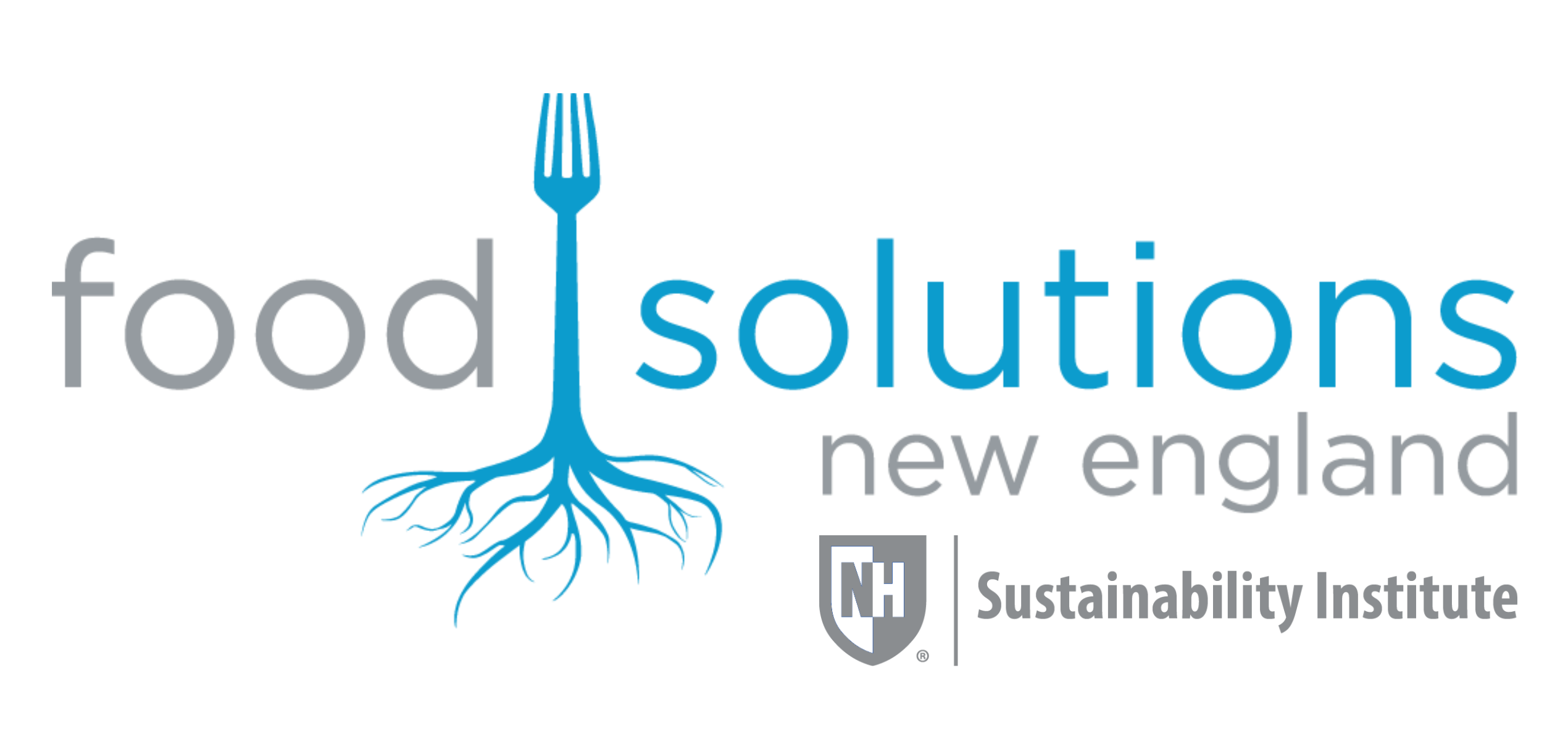Integrated Regional Policy
The urgent need for climate resilience, biodiversity, thriving natural ecosystems, and human well being require visionary policies and politics grounded in equity and justice, with integrated decision-making that balances meeting immediate needs with long-term sustainability.
Here in New England, Food Solutions New England (FSNE) and Wildlands, Woodlands, Farmlands & Communities (WWF&C) have come together to create a regional policy initiative called New England Integrated Policy Program (NEIPP) with the goal of promoting integrated approaches that are needed to inform and impact policy from the local to the federal level. This will be achieved through multi-state and region-wide, relationship-centered solutions that advance land and water conservation and work to support the just transition of food, land, forestry and fisheries systems towards sustainability and resilience for the benefit of nature and all in society.
FSNE and WWF&C are networks composed of advocates, researchers, policymakers, and practitioners. Each holds complementary visions and goals and a clear understanding that these visions cannot be realized in isolation. And it’s only through a reshaping of the collective conception of how community, political, and financial resources are allocated that there will be a new era of equitable stewardship and resilient communities. The NEIPP welcomes partners interested in advancing any or all elements of this future.
Through the NEIPP and other policy initiatives, FSNE Integrated Regional Policy focuses on:
- Issue briefs collect and articulate ideas from the community on important issues impacting the region. They lift up visionary solutions and highlight potential collaborations needed to achieve the New England Food Vision. Issue areas featured in the briefs are decided upon by the FSNE network.
- Content for the briefs are gathered through strategic convenings, through FSNE network engagement, and from the tracking and synthesizing work from the Policy Program Co-Directors. Contributors to the briefs are sought through FSNE network relationships. Part of the work of the Policy Program Co-directors is to ensure that voices of those working on the ground in these issues are lifted up and compensated for their contributions.
- FSNE brings people together from across sectors to cultivate relationships and create space for the region and beyond to understand and celebrate community work taking place in relation to emergent policy issues.
- We inspire communities and organizations to think and organize around new and creative ways to approach solution-oriented action in pursuit of the New England Food Vision, with an emphasis on greater levels of equity and justice.
- We then leverage our access to resources, research, and more to pursue strategies emerging from these conevenings in collaboration with the community creating them.
- FSNE participates in a wide range of emerging and established partner networks such as the New England Food System Planners Partnership, Northeast Healthy Soil Network, Farm to Institution New England, and more.
- This allows FSNE to break down barriers to access for Network members and beyond, to champion visionary ideas and community work taking place, and ensure spaces are taking an intersectional approach to policy work while centering democratic empowerment, justice, sustainability, and racial equity and dignity, in pursuit of the New England Food Vision.
- It also allows FSNE to view the whole food system and beyond while tracking and recognizing patterns that can be leveraged on a regional policy level.
- FSNE is working with network partners to track and synthesize policy on international, national, regional, state, and municipal level that intersects with food systems and related work.
- By keeping a close eye on policy developments across many levels, FSNE is able to recognize patterns that can be leveraged on a regional policy level and track metrics needed to better understand the impact of policy toward achieving A New England Food Visions goals and values.
What will Integrated Regional Policy Work Achieves
FSNE visionary policy work is a key impact area for developing and sustaining a regional food movement that aligns and grows for transformational impact and works toward achieving the goals and values of A New England Food Vision. It helps to develop a shared narrative that connects forest and land conservation networks with food, farm, and fisheries networks.
Uniquely, FSNE policy work engages the whole person, valuing all ways of knowing, while grounding in an intersectional approach that works across sectors – from wildlands and woodlands to fisheries and farmlands and beyond – to create rich, accessible, and equitable spaces that often are not available to a wide range of folks working on related issues. This pursuit of interconnectedness and the resources FSNE leverages to foster it is done with the goal of:
- More voices being involved in policy discussions, leading to greater resiliency and stronger policy solutions that are grounded in democratic empowerment, trust, sustainability, and racial equity and dignity for all.
- More funding for regenerative and reparative ideas and solutions that are intersectional in nature and amplify and leverage the work already taking place in communities across the region.
- A greater sense of community within the New England Food System and beyond, which undoubtedly will be needed in order to pursue an intersectional, solution-oriented action.
Specific action resulting from FSNE policy work is iterative, will change year-to-year, and is determined by the participatory processes that ground all of FSNE’s work. We recognize our work is but one aspect of a larger body of intersectional work, and we know it will take all of us in order to achieve true revolutionary change.





